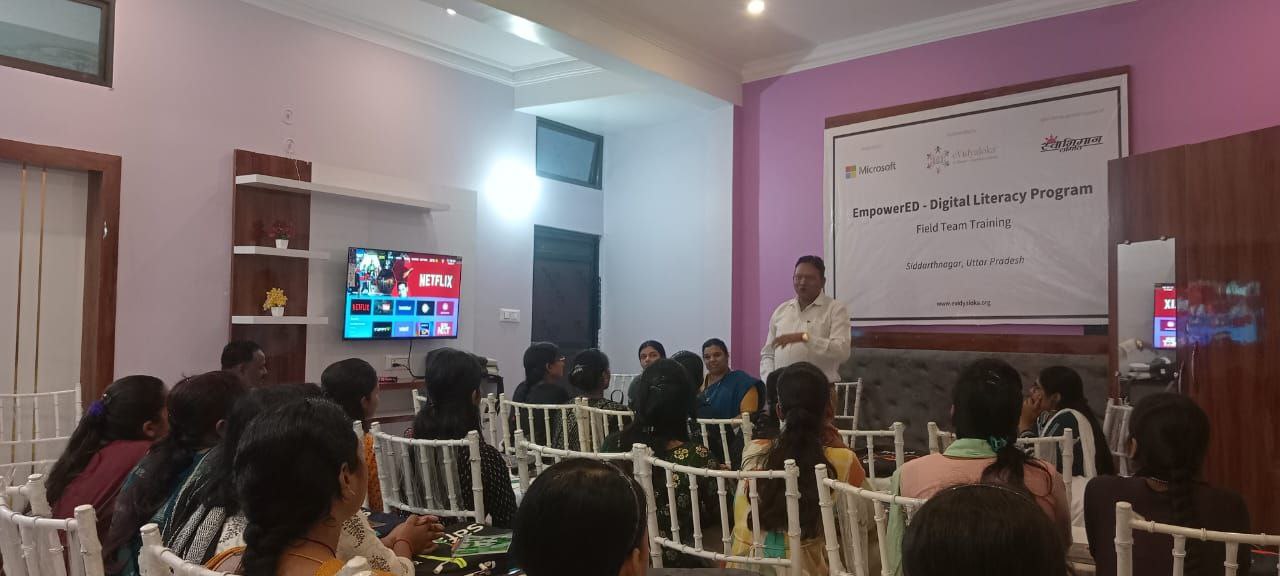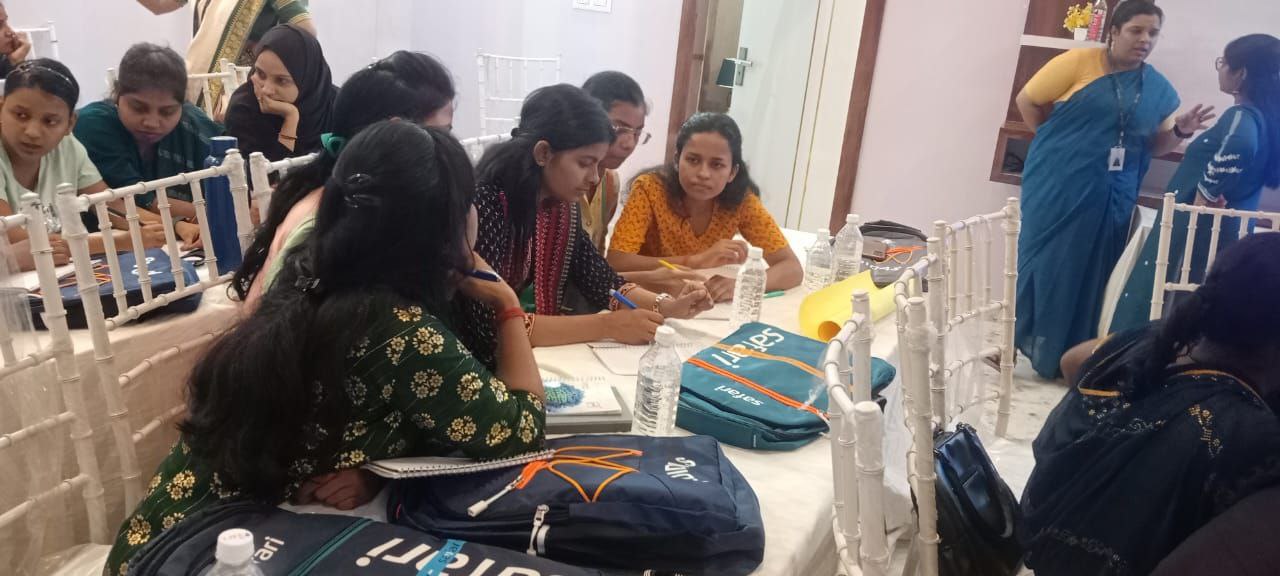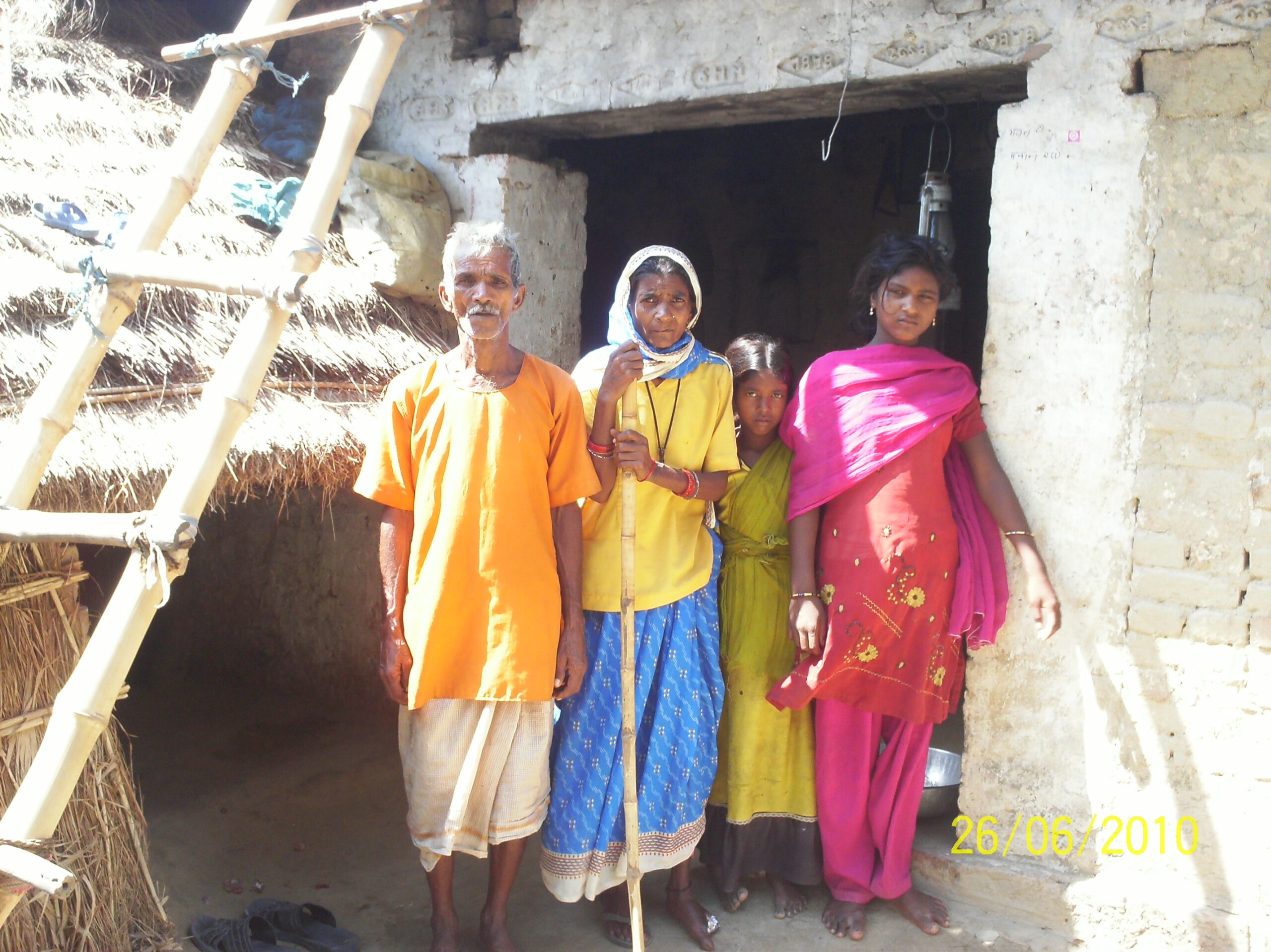Case Story: Struggles of a Marginalized Family – The Story of Chandrawati
Introduction
Chandrawati Devi, a 65-year-old resident of Hathiwad Taal (School Tola) village in Uska Bazar block, Siddharthnagar district, Uttar Pradesh, embodies the challenges faced by marginalized families battling poverty and limited access to resources. As a homemaker from a Scheduled Caste (Pasi) family, Chandrawati’s life took a devastating turn when health complications left her disabled, further exacerbating her family’s financial struggles. Despite efforts by organizations like Action Aid, systemic issues and recurring challenges continue to test her family’s resilience.
Family Details
- Name: Chandrawati Devi
- Husband: Chandra Bali
- Family Members: Four children, totaling 15 family members
- Livelihood: Daily wage labor (primary source of income)
- Caste: Scheduled Caste (Pasi)
- Assets: Indira Awas house (constructed in 1996), BPL ration card, MNREGA job card
Challenges Faced
- Economic Instability:
- Chandra Bali is landless and relies on daily wage labor in nearby villages and towns.
- Although the family has a BPL card providing subsidized rations, the income from labor is insufficient to meet medical and daily expenses.
- Old Age Pension: Previously received, it has been discontinued for the past year, adding to the financial burden.
- Health Crisis and Debt:
- In 2009, Chandrawati Devi developed a severe wound on her leg. Inadequate initial treatment led to complications, and she required surgery at the Primary Health Centre, Brijmanganj.
- During the surgery, four of her toes were amputated, leaving her disabled.
- The family incurred ₹35,000 in medical expenses, plunging them into debt.
- Impact on Family Livelihood:
- Chandrawati can no longer contribute to the family’s income, increasing their dependency on Chandra Bali’s daily earnings.
- Their eldest son, Ram Milan, received a rickshaw from Action Aid to support the family, but the cost of his mother’s treatment also worsened his financial condition.
- Ram Milan has since migrated to Gorakhpur in search of better opportunities.
- Inconsistent Employment:
- While Chandra Bali has a MNREGA job card, wages under the scheme are delayed, making it unreliable for meeting immediate needs.
- During the monsoon and flood seasons, daily wage opportunities dwindle, leaving the family with no means of survival.
- Vulnerability to Natural Disasters:
- Living in a flood-prone area, the family faces the constant threat of displacement and loss of limited resources during the rainy season.



Intervention by Action Aid
- Support for Sustainable Livelihood:
- In 2008-2009, Action Aid provided a grocery shop to Chandrawati Devi, which helped the family maintain a modest livelihood until her health deteriorated.
- A rickshaw was provided to Ram Milan, enabling him to support the family through transportation services.
- Community Engagement:
- Action Aid raised awareness among local communities about livelihood opportunities and healthcare access, encouraging families to seek timely medical intervention.
Impact
- Short-Term Stability:
- The grocery shop and rickshaw initially provided much-needed financial stability to the family.
- Despite challenges, Ram Milan’s efforts and the rickshaw income have prevented the family from falling into extreme poverty.
- Ongoing Struggles:
- The family continues to face economic hardships due to health expenses, lack of consistent employment, and Chandrawati’s disability.
- Chandra Bali’s inability to secure timely MNREGA wages further limits their resources.
Conclusion
Chandra Bali’s story highlights the plight of marginalized families in flood-prone areas who struggle with poverty, health crises, and employment instability. While interventions from organizations like Action Aid have provided temporary relief, systemic challenges such as delayed wages, lack of healthcare access, and recurring natural disasters perpetuate their vulnerability.
This case underscores the urgent need for:
- Timely delivery of government benefits, including pensions and MNREGA wages.
- Enhanced healthcare facilities for early intervention and reduced financial burden.
- Sustainable livelihood opportunities to ensure financial security during crises.
Acknowledgment
This case study is based on the observations and interventions facilitated by Action Aid, whose efforts in supporting vulnerable families like Chandra Bali’s have provided a lifeline in times of crisis. Their work continues to inspire hope and resilience in underserved communities.






